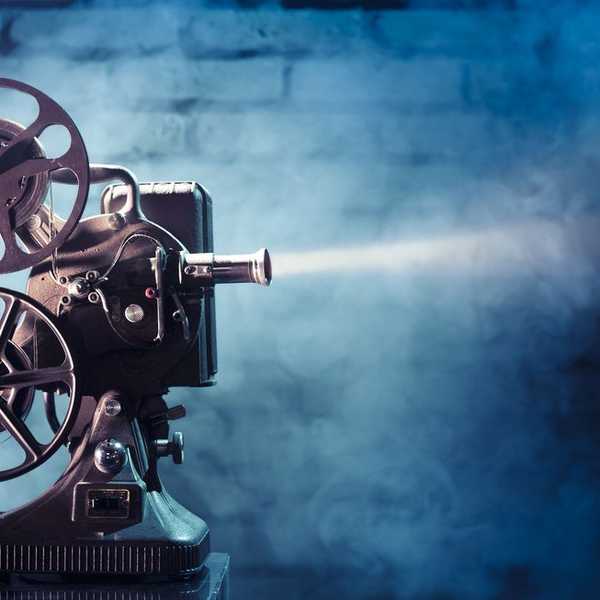6/10. If you look at a review and see that conclusion, what do you think? Averages say that on a ten point scale a six isn't too bad, if not great. But modern culture can't allow for "not too bad, not too great."
TIME recently released their "Top 10 Worst Movies" for 2016. The list is unsurprisingly littered with big-name, big-budget films that made quite a lot of money, including "Batman v Superman" and "X-Men: Apocalypse." It is a list comprised of high profile names, but are those high profile names actually the worst films released in 2016, or are they just there to draw clicks?
Now "worst" is definitely a subjective term. There isn't ever a definitive "worst" of anything. But you'll have a hard time convincing me that "Suicide Squad" is a worse film than Adam Sandler's "The Do Over." What "Suicide Squad" does have over "The Do Over" though is a big name and the ability to ignite comment sections aflame with debate. Do reviewers actually believe that "Suicide Squad" is the more flawed film, or is it something else?
Few would argue that the films on this list aren't flawed. Each of them suffers from flaws that helped to divide critics on them and earn them consideration for a respected publication like TIME's "worst" list. But are they all really so fatally flawed? I would argue that most of them are not more flawed than other films that released in 2016. Disappointing? Sure. But calling them "the worst" seems to be a result of a recent trend away from the middle ground.
When a high-budget film like "X-Men: Apocalypse" comes out the buzz is all about the quality. Everyone knows such a film will draw in box office numbers, but they want to know if the film "deserves" box office success. There's a built-in storyline, and that storyline isn't as satisfying when it concludes with "it was ok." Big budget films these days tend to be remembered as "great" or "terrible." There isn't a lot of middle ground in the public consciousness. Indeed, the public consciousness hardly gives credit to individual review sources, instead opting for an aggregate score or percentage from review compiling websites such as Rotten Tomatoes or Metacritic. "X-Men: Apocalypse" recieved 48% reviews for an average score of a 5.7/10. The numbers don't look too bad, but they aren't good enough to be remembered as "great." So the latest "X-Men" film goes down in history as one of the "terrible" ones and even manages to land first place on a big-name "worst of 2016" list despite almost half of its reception being positive.
The divide in quality seems to be very absolute and surprisingly thin these days. A public thirsty for definitive classification won't stand for simply "middling" and thus a competitive journalism scene can't acknowledge the middle ground. We are left with a "worst of 2016" list that includes films that are tough to truly consider the least artistically credible works of the year. This reviewing atmosphere focuses on starting internet wars over a more honest ranking. If you've seen "The Do Over" you know it belongs on this list. And if you haven't, do yourself a favor and don't watch it. Watch "Batman v Superman" instead; I guarentee you'll enjoy it more.




















